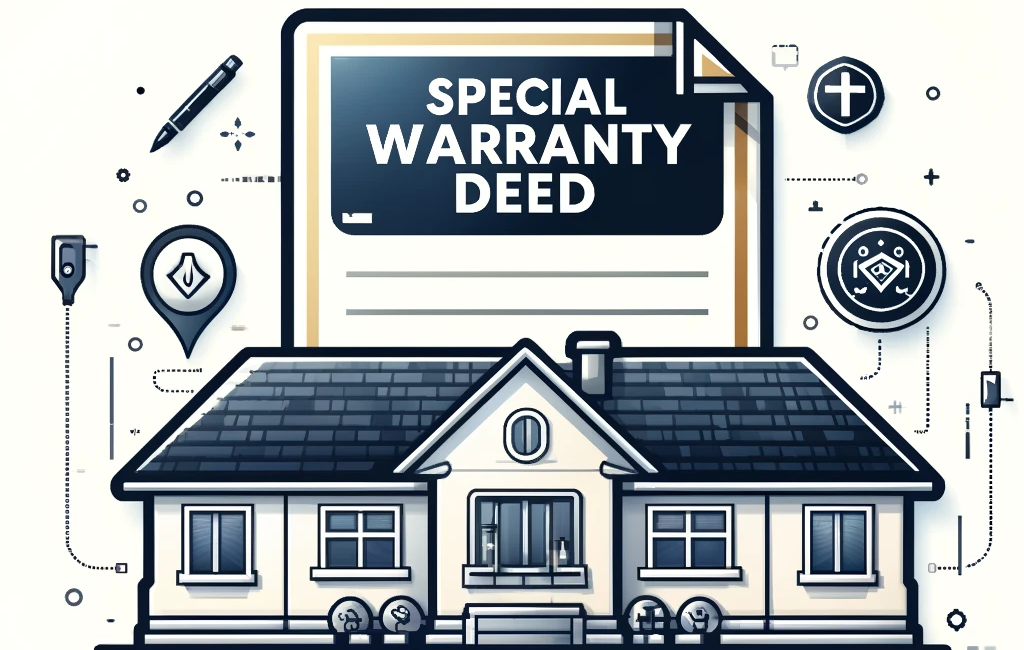Tag: Warranty Deed
-

Using a Quitclaim Deed: What Are the Drawbacks?
A quitclaim deed is a simple form that transfers a piece of real estate from one person to another. Any homeowner can fill out a quitclaim deed with their name and the name of the recipient, and the property’s existing legal description, sign it in front of a notary and record the document. That effectively…
-

The Quitclaim Deed’s Function in a Contract for Deed Sale
A contract for deed sale can present a convenient alternative to the traditional real estate conveyance. In this owner-financed deal, the buyer usually lives on the property upon the execution of the contract. While enjoying the property, the buyer pays for it in monthly installments, until the agreed-upon price has been paid in full. Down the road, when full payment…




